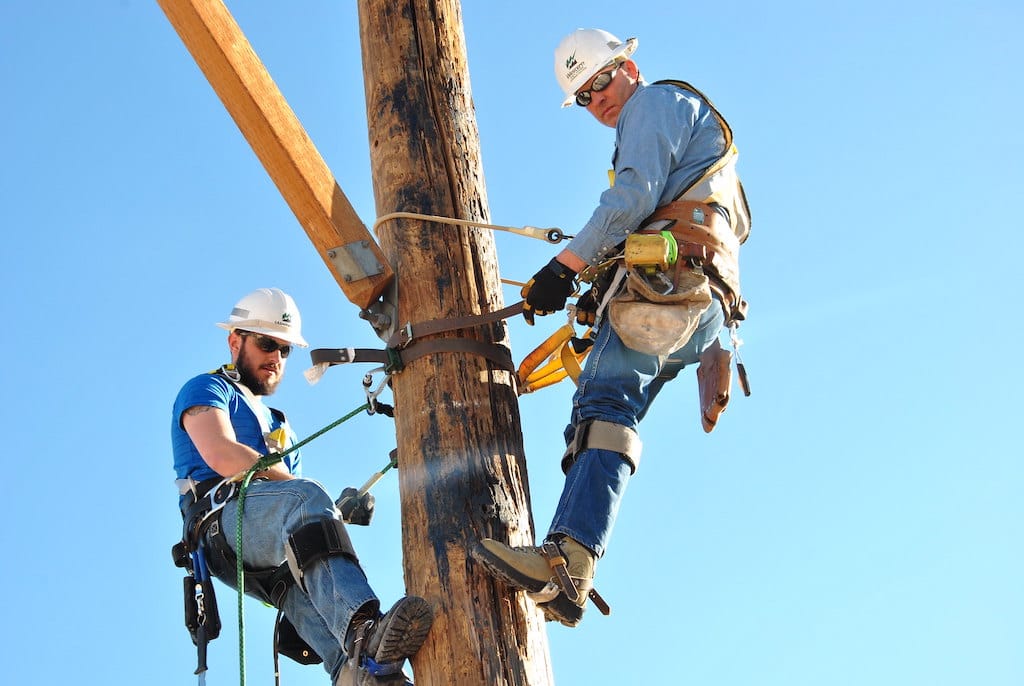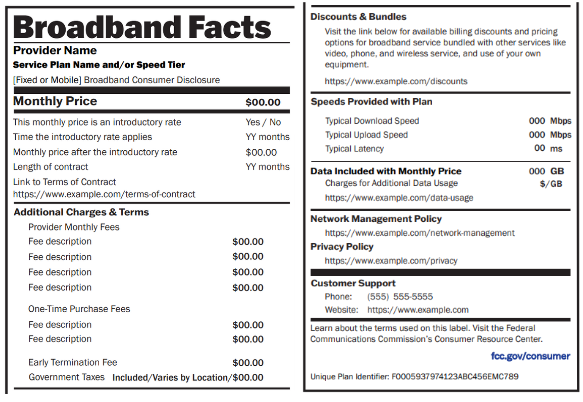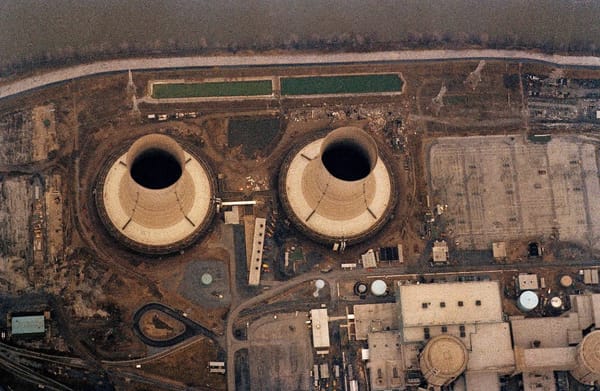FCC Seeks Comment on Pole Replacement Rules
Revising its pole replacement rules may give providers quicker access to poles in communities for deploying high-speed broadband.
Justin Perkins

WASHINGTON, March 18, 2022 – Providers could soon see changes to federal pole replacement rules.
Approved Wednesday during the Federal Communications Commission’s March Open Meeting, the agency voted to seek comment on establishing clear standards for how utilities and pole attachers share in the costs of pole replacements.
States have sought to revise their pole attachment rules to establish reasonable attachment rates for cable operators renting pole space for electric service cooperatives and municipal pole owners. In 2019, New York’s public service commission reformed its pole attachment rules to govern the rates, time frames, and procedures applied to pole attachments.
Concerned about ensuring comparable rates among telecommunications providers, Wednesday’s notice of proposed rulemaking seeks public input about the best approach to “align economic incentives” between communications pole attachers and utilities and what measures the FC can take to avoid attachment disputes.
Under the Telecommunications Act of 1996, the FCC is charged with overseeing the rates, terms, and conditions of pole attachments.
FCC Chairwoman Jessica Rosenworcel said the agency must use its authority “to ensure that communications providers have nondiscriminatory access” to infrastructure built using funds from the Infrastructure Investment and Jobs Act. Acknowledging that pole attachment issues “are not the most glamorous part of broadband deployment,” Rosenworcel said pole attachment regulation is “an essential part of our effort to ensure high-speed service reaches everyone, everywhere across the country.”
Commissioner Brendan Carr said the government can avoid wasting money in the historic $65 billion broadband investment by preventing the funds from “getting caught up in red tape and by unnecessary fees and charges.”
“After all, if the government is just spending broadband dollars without streamlining infrastructure rules, then it’s just stepping on the gas and brakes at the same time,” Carr added.










Member discussion